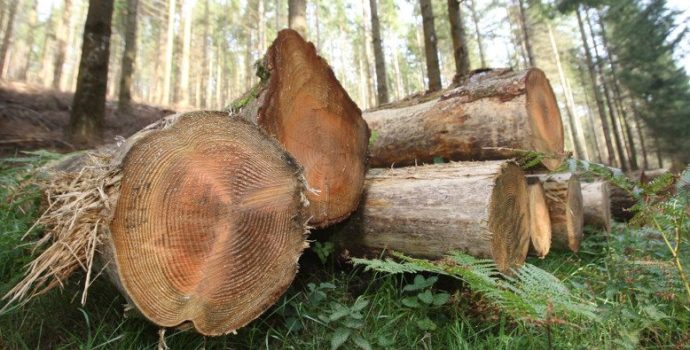Addressing Legacy Issues and Greater Assurances to Farmers are Key to Reaching National Afforestation Targets

Addressing the Joint Oireachtas Committee on Agriculture on Forest Policy and Strategy this evening, IFA Deputy President Brian Rushe said the Government must address the longstanding issues within the sector while giving greater assurances to farmers in order to achieve the national afforestation targets.
You can read the submission in full here.
Brian Rushe said if confidence is to be restored and farmers are to plant at the scale required to meet our climate obligations, the Government needs to address the legacy issues preventing farmer from planting.
“Despite the announcement last November of €1.3bn for the new Forestry Programme 2023-2027, we find ourselves in February 2023 with no new programme.”
“The new Forestry Programme is expected to come force in early 2023, subject to State Aid approval from the EU Commission. Farmers are very concerned that the approval could be delayed and the impact this would have on the forest sector,” Brian Rushe said.
“The average turnaround times for afforestation licences in 2022 were just under 18 months. Based on that, if State Aid approval is received at the end of Q3 in 2023, a farmer that applies to plant would have to wait until October 2024 to get a decision on the planting application. This is an untenable situation,” Brian Rushe highlighted.
“Changes need to be made to the current licensing system to streamline and speed up turnaround times, and it must guarantee that a farmer has to wait no longer than four months for a decision on a forestry licence as set out in the Forestry Act 2014. This is only way to offset the delay getting State Aid approval and ensure that we have a planting programme in 2023 and 2024.”
Following the recent announcement of the establishment of the Irish Strategic Forestry Fund, by Gresham House and Coillte, IFA Farm Forestry Committee Chair Jason Fleming said the realities of how the Government intends to deliver the afforestation strategy have become more apparent to farmers and rural communities.
“Farmers and rural communities are concerned that a large proportion of the €1.3bn in funding announced under the new Forestry Programme 2023 to 2027 will be re-directed away from farmers and rural communities and instead paid out to investors,” Jason Fleming said.
“The increase in investor planting has corresponded with a growing level of opposition to forestry. Farmers and rural communities see land being bought up by invisible investors, with the vast majority of grants and premiums funded by the Exchequer leaving the local economy and providing minimal downstream benefits to local businesses and communities,” he added.
“The focus of future forest policy must be to prioritise supporting farm forestry to meet afforestation targets. This optimises the multiple benefits for the economy and society of forestry and will ensure vibrant rural areas with thriving populations,” he said.




